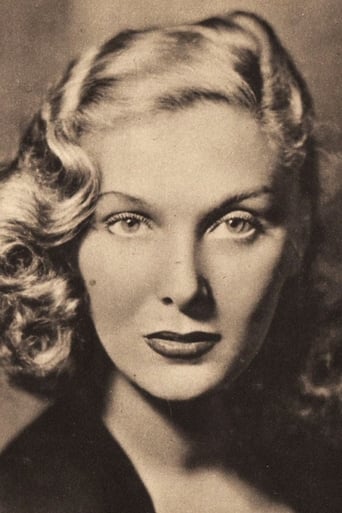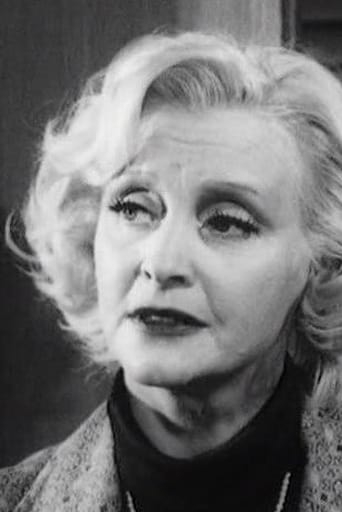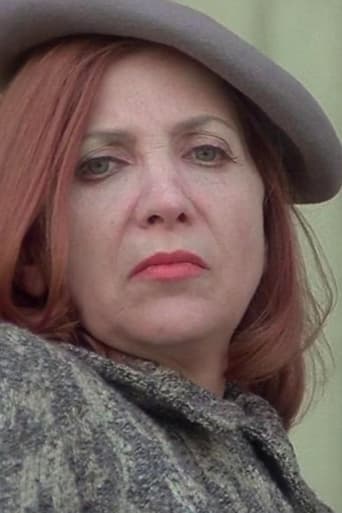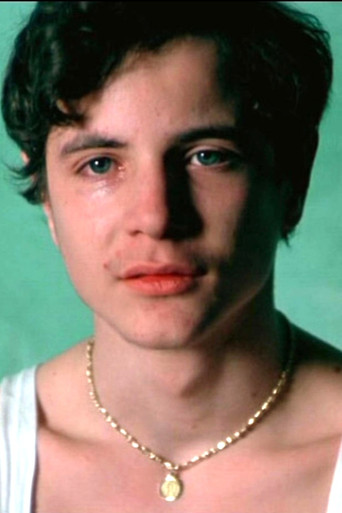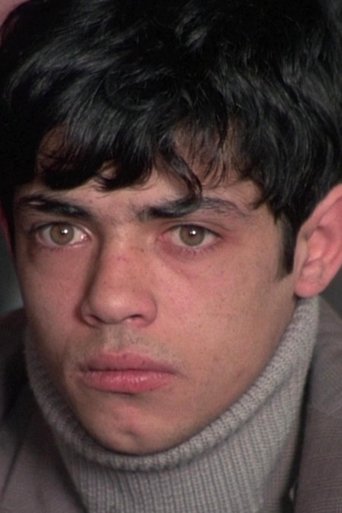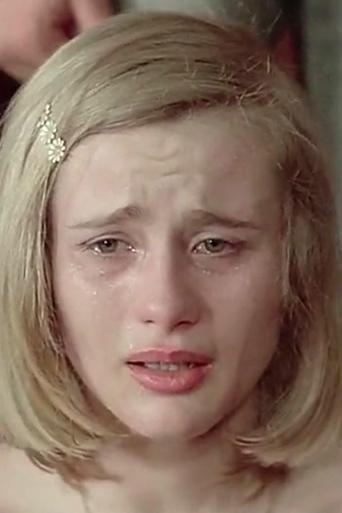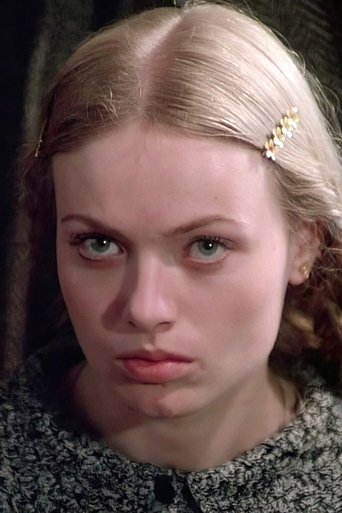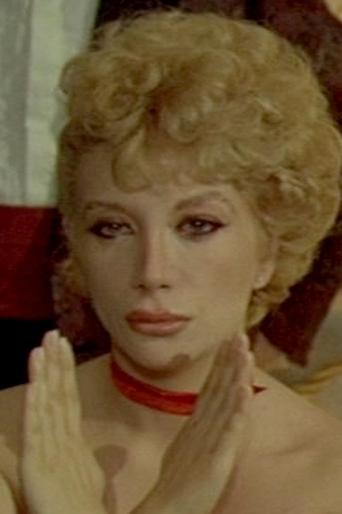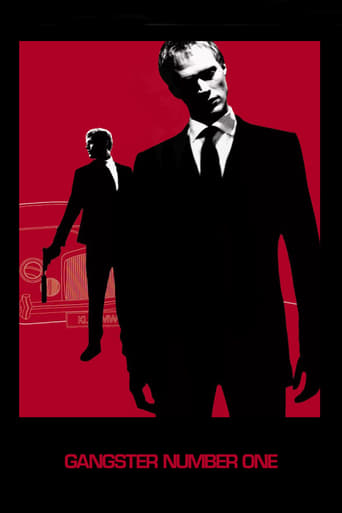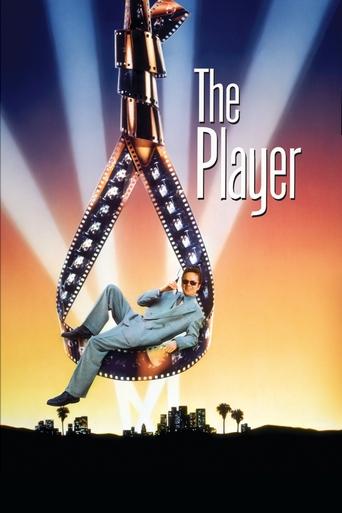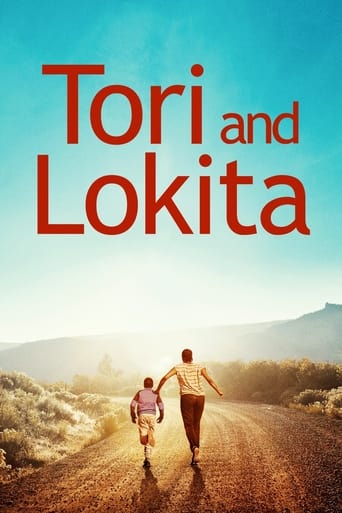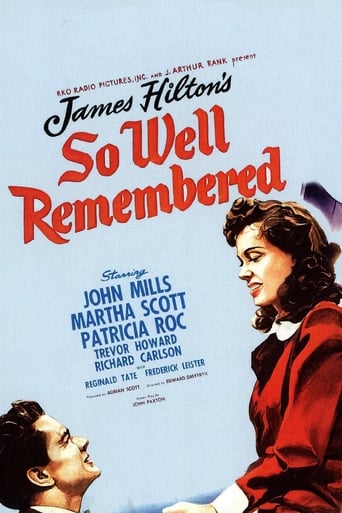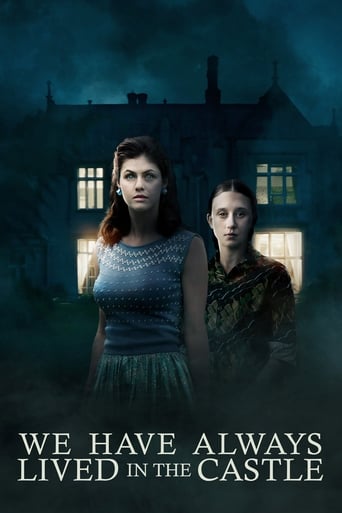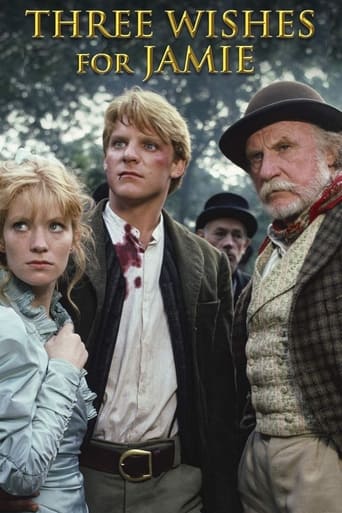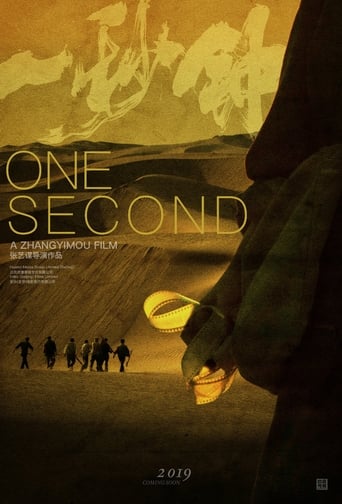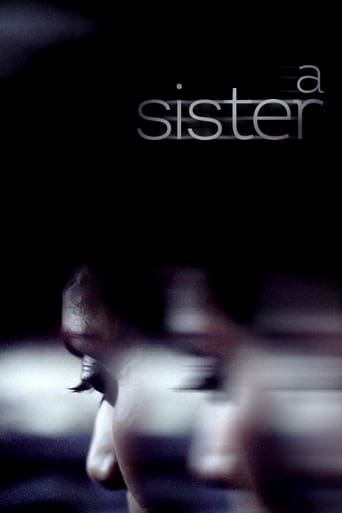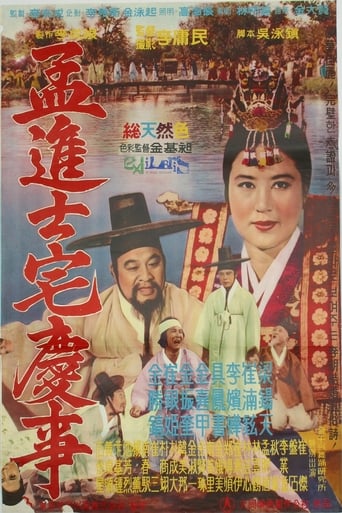
Salò, or the 120 Days of Sodom (1976)
Four corrupted fascist libertines round up 9 teenage boys and girls and subject them to 120 days of sadistic physical, mental and sexual torture.
- Beatrice Banfi
- Fiorella Infascelli
- Umberto Angelucci
- Pier Paolo Pasolini
- Pupi Avati
- Sergio Citti
- Donatien Alphonse François de Sade
- Pier Paolo Pasolini
Rating: 6.379/10 by 2045 users
Alternative Title:
Saló o los 120 días de Sodoma - ES
120 meres sta Sodoma - GR
Salò, o las 120 jornadas de Sodoma - AR
Salo, or the 120 Days of Sodom - AU
Pier Paolo Pasolini's Salò - AU
Salò - AU
Salo - De 120 dagen van Sodoma - BE
Salò, ou os 120 Dias de Sodoma - BR
Сало или 120те дни на Содом - BG
Salo: Les 120 Jours de Sodome - CA
Salo ili 120 dana Sodome - HR
Salò - Sodoman 120 päivää - FI
Salò eller Sodoms 120 dagar - FI
Salo, 120 meres sta Sodoma - GR
120 μέρες στα Σόδομα - GR
Salo, avagy Szodoma 120 napja - HU
ソドムの市 - JP
Salò o los 120 días de Sodoma - MX
Salo eller Sodomas 120 dager - NO
Saló - PE
Salò, czyli 120 dni Sodomy - PL
Salo sau cele 120 de zile ale Sodomei - RO
Salo ili 120 dana Sodome - RS
Maheedhar - IN
Salo jeb 120 Sodomas dienas - LV
Country:
France
Italy
Language:
Deutsch
Français
Italiano
Runtime: 01 hour 56 minutes
Budget: $800,000
Revenue: $1,800,000
Plot Keyword: sexual abuse, rage and hate, based on novel or book, nazi, italian, sadism, christianity, philosophy, fascism, bishop, political instability, conflict, torture, taboo, evil, catholicism, political corruption, nazism, abuse, 1940s, coprophagia, power abuse, abuse of power, italian fascism, banned film, bold
Well you have to hand it to Pier Paolo Pasolini - he had one hell of an imagination. Here he devises a story of a group of nine young men and women who are apprehended by four powerful Fascist officials and held captive for use in some of the most degrading and painful games of sex, humiliation and abuse. I was warned not to eat chocolate before I saw this, and towards the end of this bizarre depiction of cruelty, depravity and exploitation it became quite clear why - and I'd reiterate that here. There is something profoundly desperate about the film. It has nothing even vaguely redeeming about it. Is it allegorical? Perhaps Pasolini is swiping at what he perceived to be the beginning of the disposable culture? Perhaps the illustration of mankind at it's more obscene offers us his perspective on just what humanity had become by the mid 1970s? In any case, this is frankly rather a disgusting film to watch and though I did feel the ending had a great deal of suitable retribution to it, I still struggled to quite get my head around this epitome of man's inhumanity to their own kind. I doubt I shall ever watch it again, but it packed out the cinema in which I watched it and there was plenty of provocative conversation in the bar about it afterwards...
Wow! You can't escape the fact that this movie pushes the limits of disturbing art! Many will call it sick. I suspect the point of this film is more about the depravity and dehumanization of fascism, political corruption, totalitarianism, and morality. I have not read the Marquis de Sade's work on which this film was based. **It isn't possible to "un-see" a film, so be prepared if you choose the experience.** It was described to me as "horror" before I watched it, and I'm not sure it truly captures the film's genre. I can't think of a film genre that adequately describes it. I will probably never watch it again or forget the images it seared on my brain. But I was challenged to think about various political and societal themes that are still very relevant today.






